Inflammation can be a real pain, literally and figuratively. While it’s a natural part of the body’s defense system, chronic inflammation can lead to serious health problems. Surprisingly, some everyday foods might be causing your inflammation to spike. Here’s a list of some foods that could be contributing to your discomfort and why you might want to cut back on them.
*The content of this article is not intended as medical advice.

Sugar
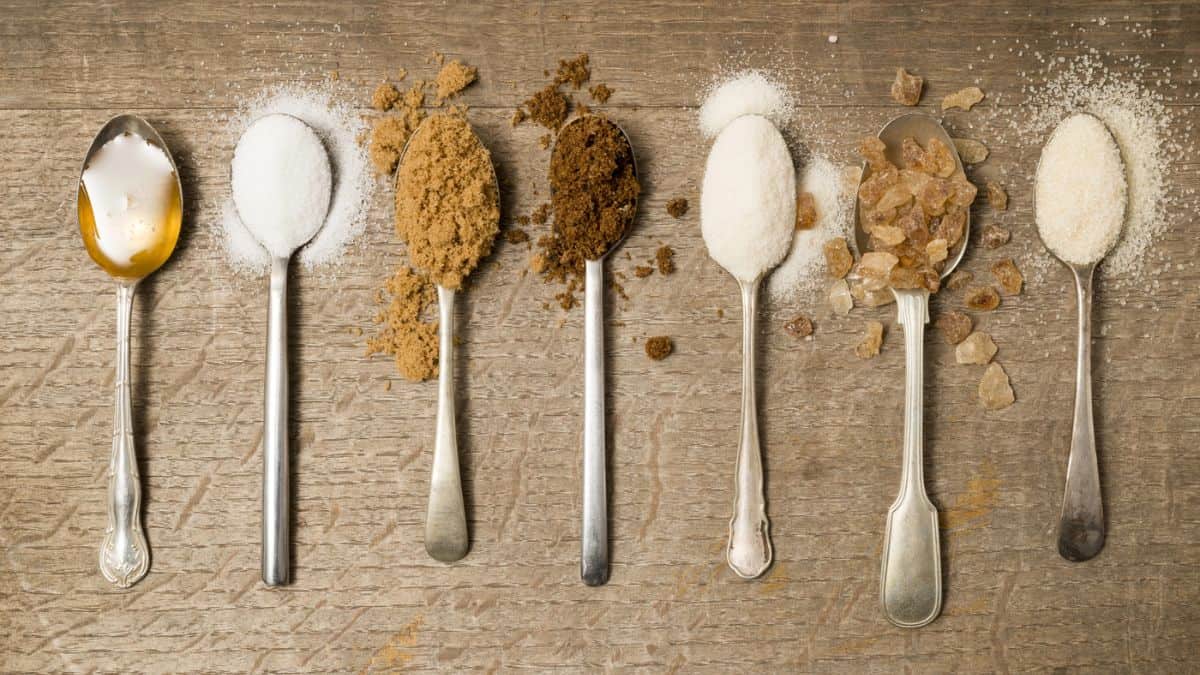
Excessive sugar intake leads to chronic inflammation, contributing to conditions like obesity, diabetes, and heart disease. It can spike blood sugar levels, causing a cascade of inflammatory reactions.
Processed Meats

Bacon, sausages, and deli meats are high in preservatives and additives. They contain advanced glycation end products (AGEs), which promote inflammation and are linked to various diseases.
Refined Carbohydrates

White bread, pastries, and other refined carbs cause rapid spikes in blood sugar, leading to increased levels of inflammatory markers in the body.
Fried Foods
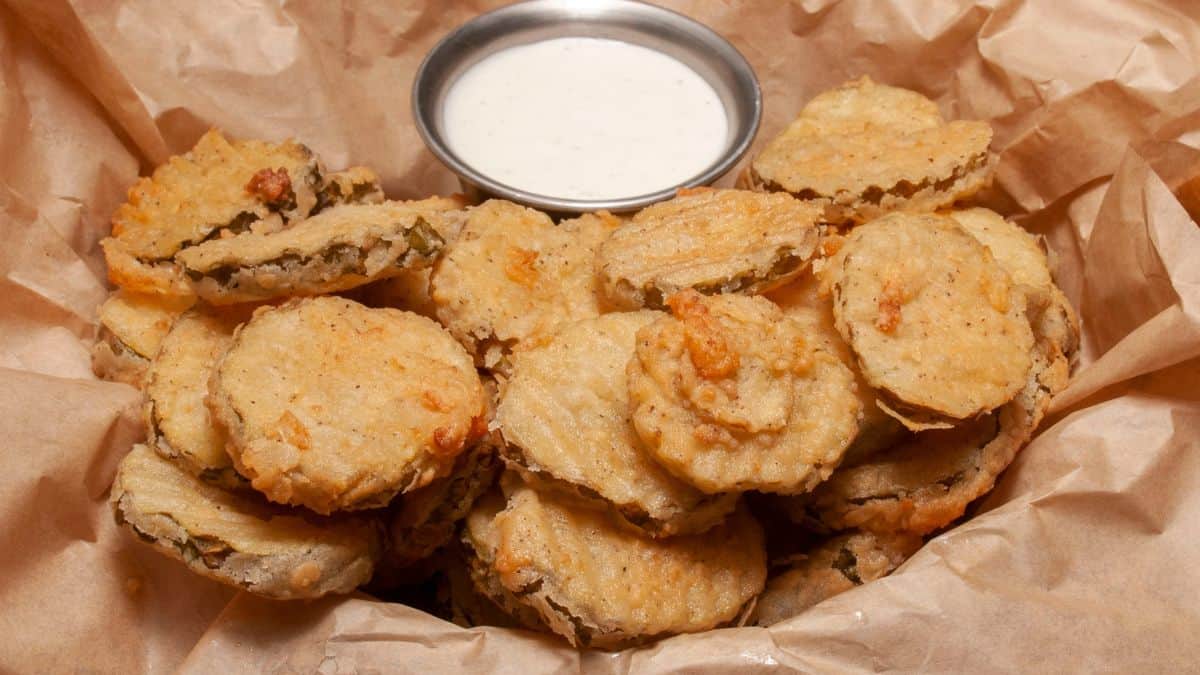
Foods fried in unhealthy oils, like french fries and fried chicken, are high in trans fats and can trigger inflammation by increasing oxidative stress and promoting the release of pro-inflammatory cytokines.
Soda and Sweetened Beverages
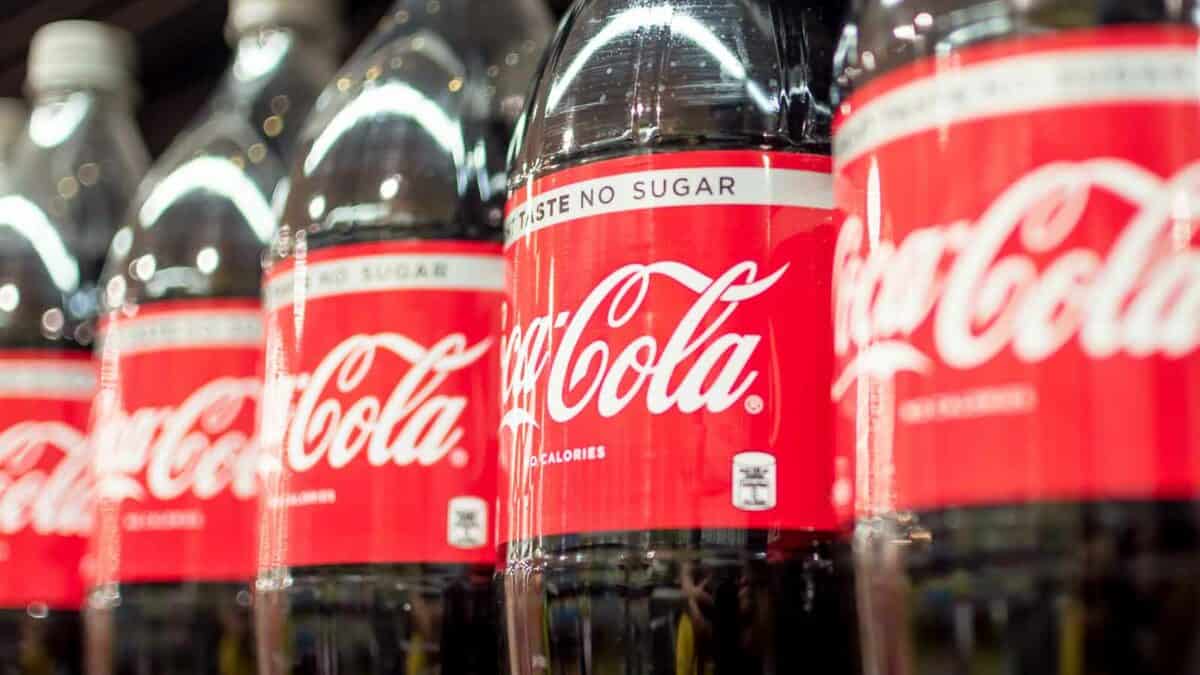
These drinks are packed with sugar and high fructose corn syrup, which can lead to insulin resistance, obesity, and chronic inflammation.
Alcohol

Excessive alcohol consumption disrupts the gut’s healthy bacteria balance and increases intestinal permeability, leading to inflammation throughout the body.
Trans Fats

Found in many processed and packaged foods, trans fats are known to increase inflammation and are linked to heart disease and other chronic conditions.
Vegetable Oils

Oils high in omega-6 fatty acids, such as corn and soybean oil, can promote inflammation if consumed in excess, as they can disrupt the balance between omega-3 and omega-6 fatty acids.
Artificial Sweeteners

Some artificial sweeteners can cause an inflammatory response by disrupting the gut microbiota, potentially leading to metabolic and inflammatory diseases.
Gluten

For those with gluten sensitivity or celiac disease, gluten can trigger a significant inflammatory response, affecting the digestive system and other parts of the body.
Dairy Products

Many people have difficulty digesting dairy, which can lead to inflammation in the digestive tract. For those with lactose intolerance or a dairy allergy, consuming dairy can trigger inflammatory responses.
Processed Snacks
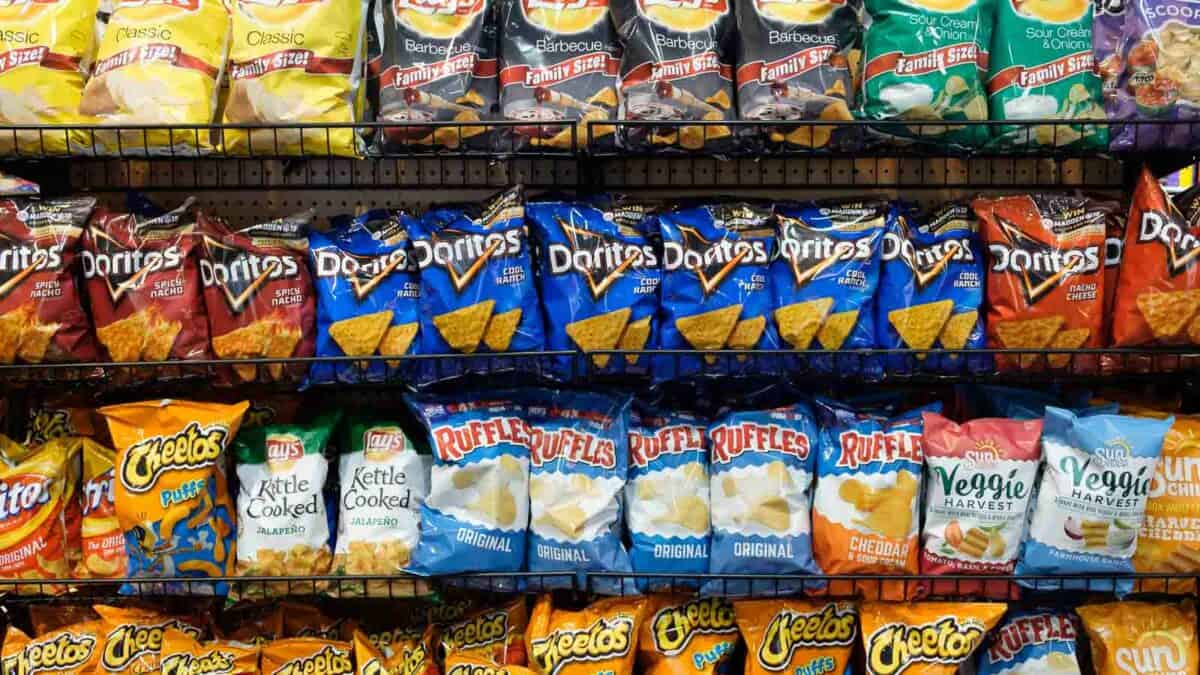
Chips, crackers, and other packaged snacks often contain high levels of unhealthy fats, sodium, and preservatives that can promote inflammation and contribute to chronic health issues.
15 ‘Healthy’ Foods That Are Making You Gain Weight

Eating healthy but still gaining weight can be frustrating. Some foods marketed as healthy are actually causing those extra pounds. From granola to smoothies, these seemingly good-for-you options can be loaded with hidden calories. Take a closer look at 15 “healthy” foods that might be sabotaging your diet.
Read it Here: 15 ‘Healthy’ Foods That Are Making You Gain Weight
11 ‘Healthy’ Cooking Oils That Are Terrible for You
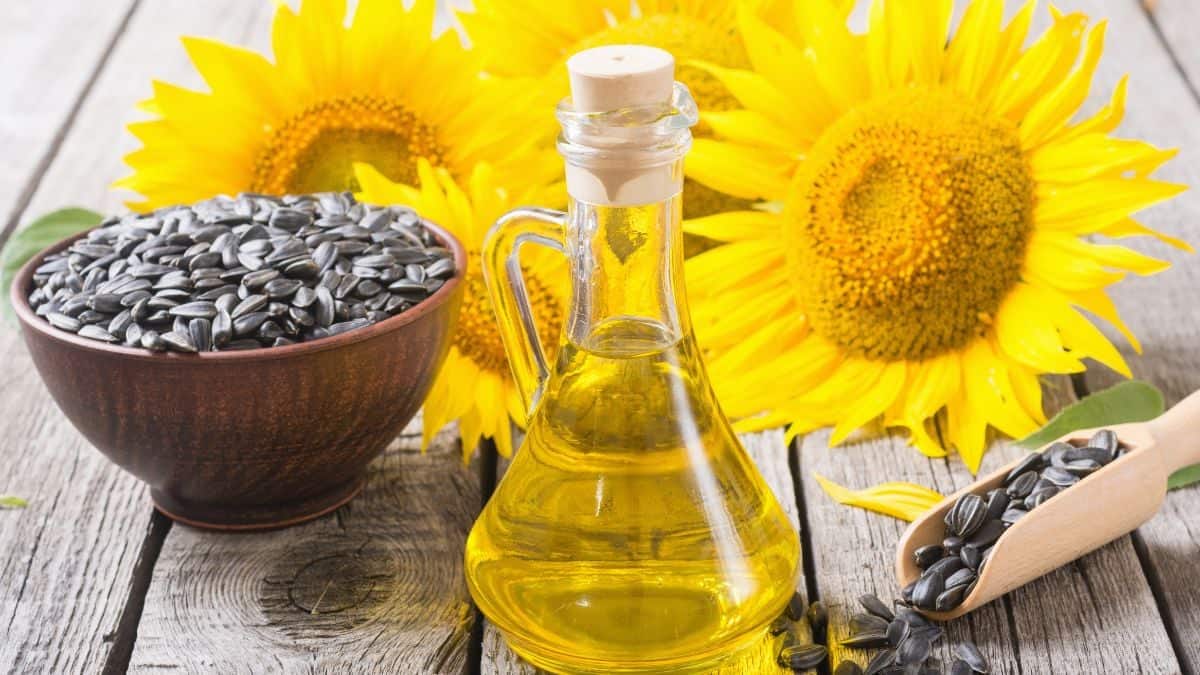
We all try to make healthier choices, and cooking oils are no exception. But not all oils are as good for you as they seem. Some popular “healthy” options can actually do more harm than good. Here’s a rundown of some cooking oils that might not be as beneficial as you think. Try swapping some of these out for healthier alternatives like olive oil, coconut oil and avocado oil instead.
Read it Here: 11 ‘Healthy’ Cooking Oils That Are Terrible for You
*Select images provided by Depositphotos.
Gina Matsoukas is an AP syndicated writer. She is the founder, photographer and recipe developer of Running to the Kitchen — a food website focused on providing healthy, wholesome recipes using fresh and seasonal ingredients. Her work has been featured in numerous media outlets both digital and print, including MSN, Huffington post, Buzzfeed, Women’s Health and Food Network.












